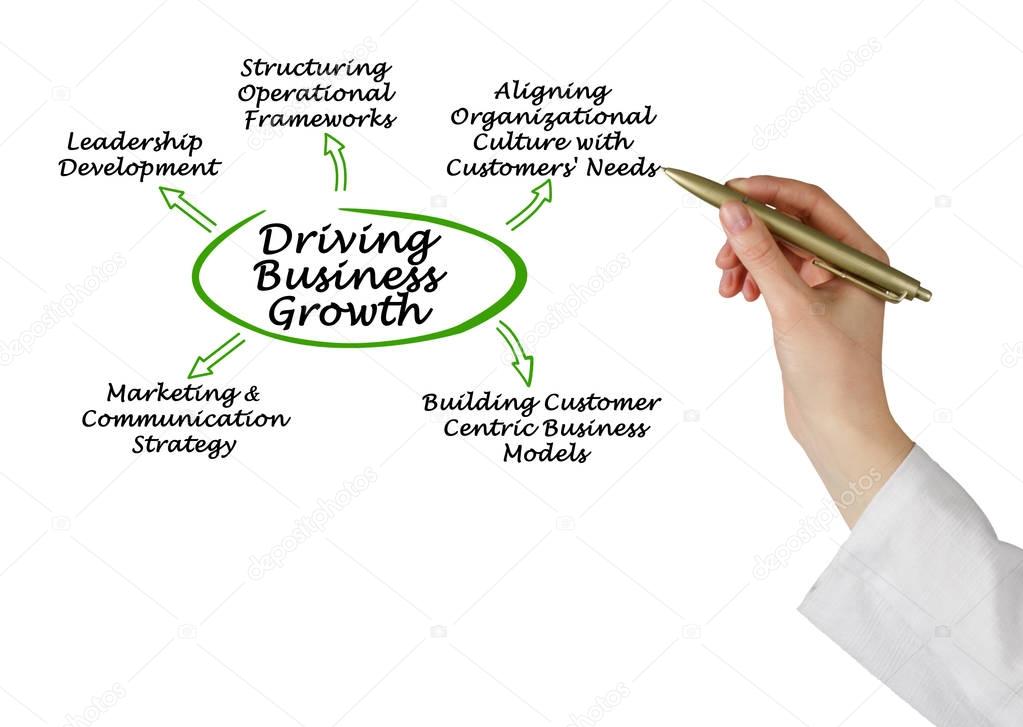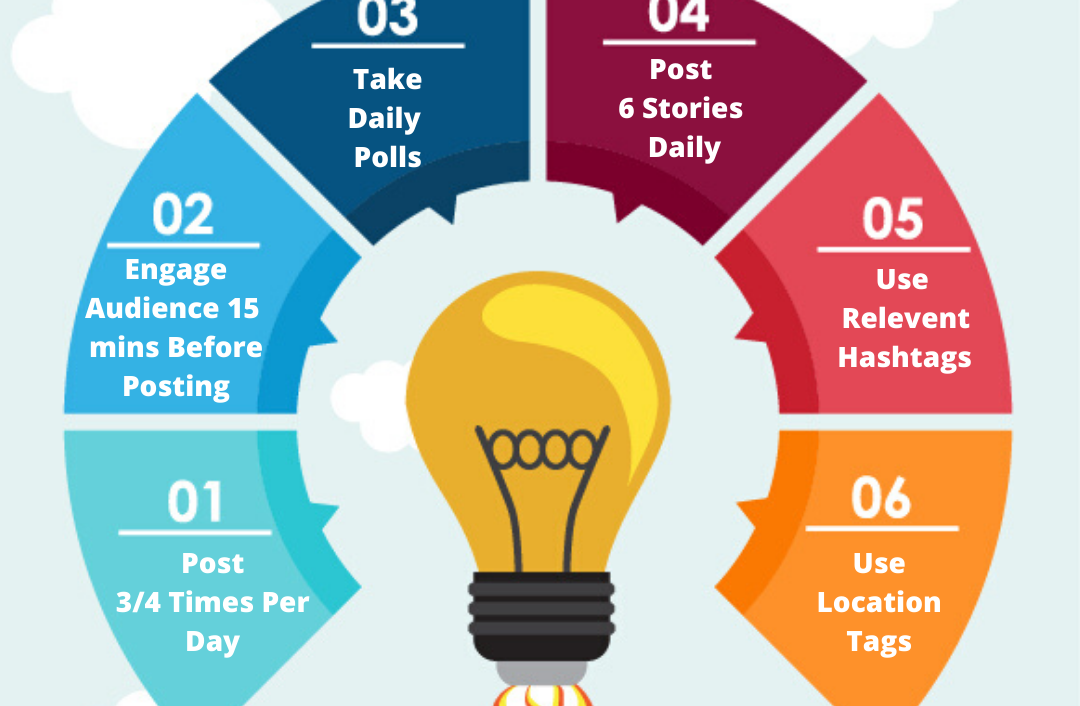[The Role Of Strategy In Driving Business Growth]

Executive Summary

In today’s highly competitive landscape, simply existing is not enough for businesses. To thrive and achieve sustainable growth, a strategic approach is paramount. This article explores the critical role of strategy in driving business growth, examining key areas such as market analysis, competitive advantage, resource allocation, and operational efficiency. By understanding and implementing sound strategic principles, businesses can navigate complexities, capitalize on opportunities, and achieve their desired outcomes.

Introduction
The path to business growth is rarely straightforward. Navigating the complexities of the market, managing competition, and adapting to evolving consumer demands requires a clear roadmap and a well-defined strategy. A strategic approach serves as the guiding force, shaping decisions, optimizing resources, and fostering a culture of continuous improvement. It’s the difference between aimlessly wandering and confidently marching towards success.
What is the role of strategy in business growth?
Strategy is a comprehensive plan that outlines how a business will achieve its objectives. It encompasses vision, mission, values, goals, and action plans. A well-defined strategy provides a framework for decision-making, resource allocation, and performance measurement, ensuring that every effort aligns with the overall direction of the business.
FAQ:
1. What is the difference between strategy and tactics?
While strategy provides the overarching direction, tactics are the specific actions taken to execute that strategy. For example, a strategic goal might be to increase market share, while a tactical approach could be launching a new product line or implementing a targeted marketing campaign.
2. Why is strategy important for small businesses?
Even small businesses benefit greatly from having a clear strategy. It helps them focus their efforts, allocate resources effectively, and make informed decisions in a competitive environment.
3. How can I create a strategic plan for my business?
Developing a strategic plan involves several key steps, including conducting a SWOT analysis, defining your target market, setting realistic goals, identifying key performance indicators (KPIs), and outlining action plans.
Market Analysis
Understanding the market landscape is crucial for developing a successful strategy. This involves analyzing industry trends, customer behavior, competitive forces, and market opportunities.
- Industry Analysis: Identify key industry trends, growth potential, and challenges.
- Customer Analysis: Define your target audience, understand their needs and preferences, and analyze their buying behavior.
- Competitive Analysis: Study your competitors’ strengths, weaknesses, strategies, and market share. Identify opportunities to differentiate your offerings.
- Market Segmentation: Divide your target market into distinct groups based on demographics, psychographics, or buying behavior to tailor your marketing efforts effectively.
Competitive Advantage
Gaining a competitive advantage is essential for attracting customers and achieving sustainable growth. This involves differentiating your offerings, providing unique value propositions, and building strong brand equity.
- Value Proposition: Clearly articulate the unique benefits your product or service offers to customers.
- Product Differentiation: Develop products or services that are distinct from competitors in terms of features, quality, or design.
- Brand Building: Create a strong brand identity, communicate your values and story, and foster positive customer experiences.
- Innovation: Continuously seek new ways to improve products, services, or processes to stay ahead of the competition.
Resource Allocation
Effective resource allocation is critical for maximizing efficiency and achieving strategic goals. This involves prioritizing investments, allocating budgets, and managing resources effectively.
- Budgeting: Develop a realistic budget that aligns with your strategic objectives and ensures sufficient funding for key initiatives.
- Investment Decisions: Prioritize investments in areas that offer the highest potential return on investment (ROI).
- Human Resources: Invest in talent development, training, and employee engagement to build a high-performing team.
- Technology: Leverage technology to streamline operations, improve efficiency, and enhance customer experiences.
Operational Efficiency
Optimizing operational efficiency is crucial for reducing costs, improving productivity, and enhancing customer satisfaction. This involves streamlining processes, eliminating waste, and fostering a culture of continuous improvement.
- Process Improvement: Identify and streamline key processes to minimize inefficiencies, reduce errors, and improve productivity.
- Inventory Management: Optimize inventory levels, minimize waste, and ensure timely delivery of goods and services.
- Customer Service: Focus on providing exceptional customer service to build loyalty, reduce churn, and enhance brand reputation.
- Data Analysis: Leverage data analytics to identify trends, patterns, and opportunities for improvement.
Conclusion
The role of strategy in driving business growth cannot be overstated. By developing a well-defined strategy, businesses can navigate complexities, capitalize on opportunities, and achieve sustainable growth. From market analysis and competitive advantage to resource allocation and operational efficiency, every aspect of the business should align with the overall strategic direction.
By embracing a strategic mindset, businesses can transform from mere participants in the market to confident leaders, driving innovation, achieving their goals, and ultimately shaping the future of their industry.
Keywords:
- Business Growth
- Strategy
- Market Analysis
- Competitive Advantage
- Operational Efficiency
- Resource Allocation







